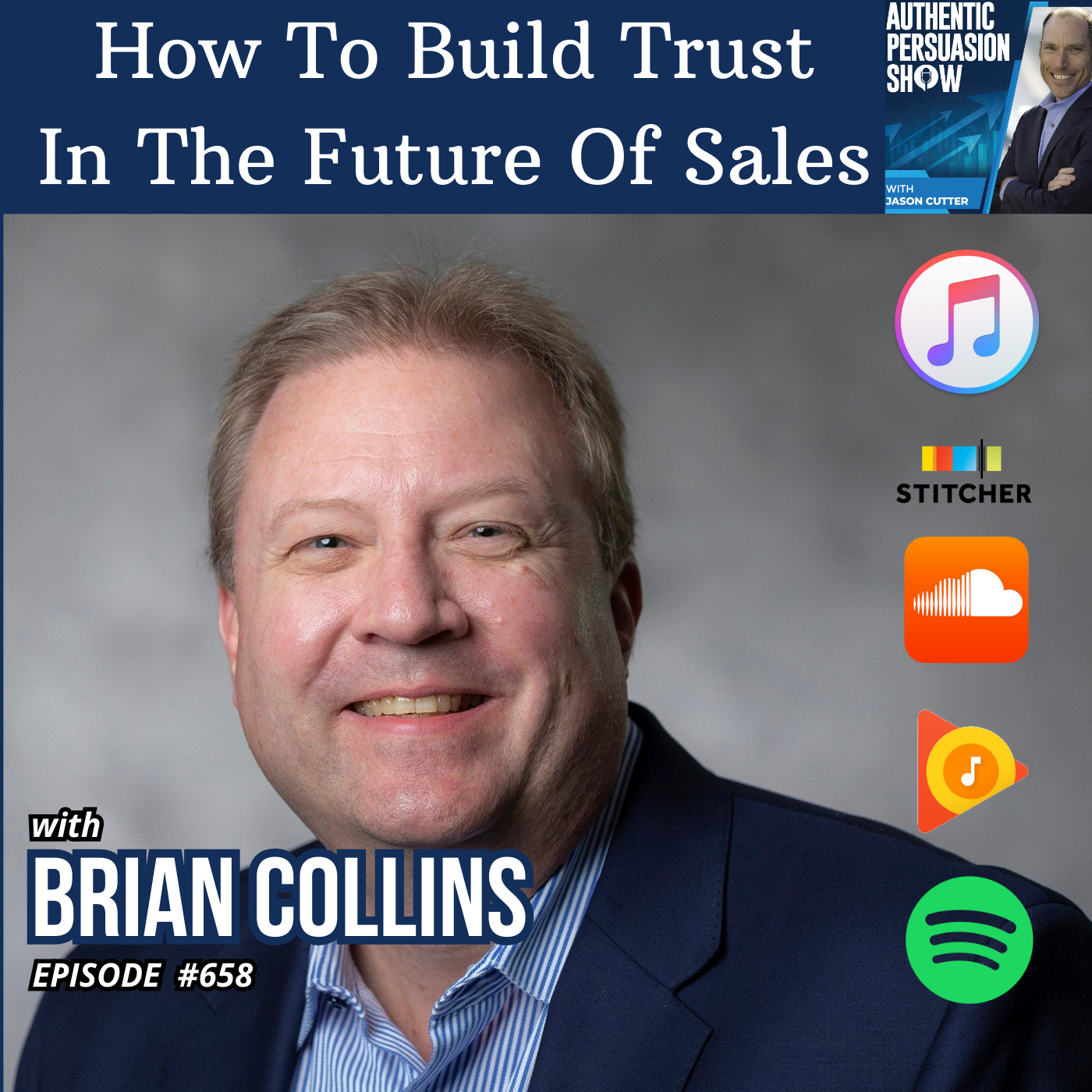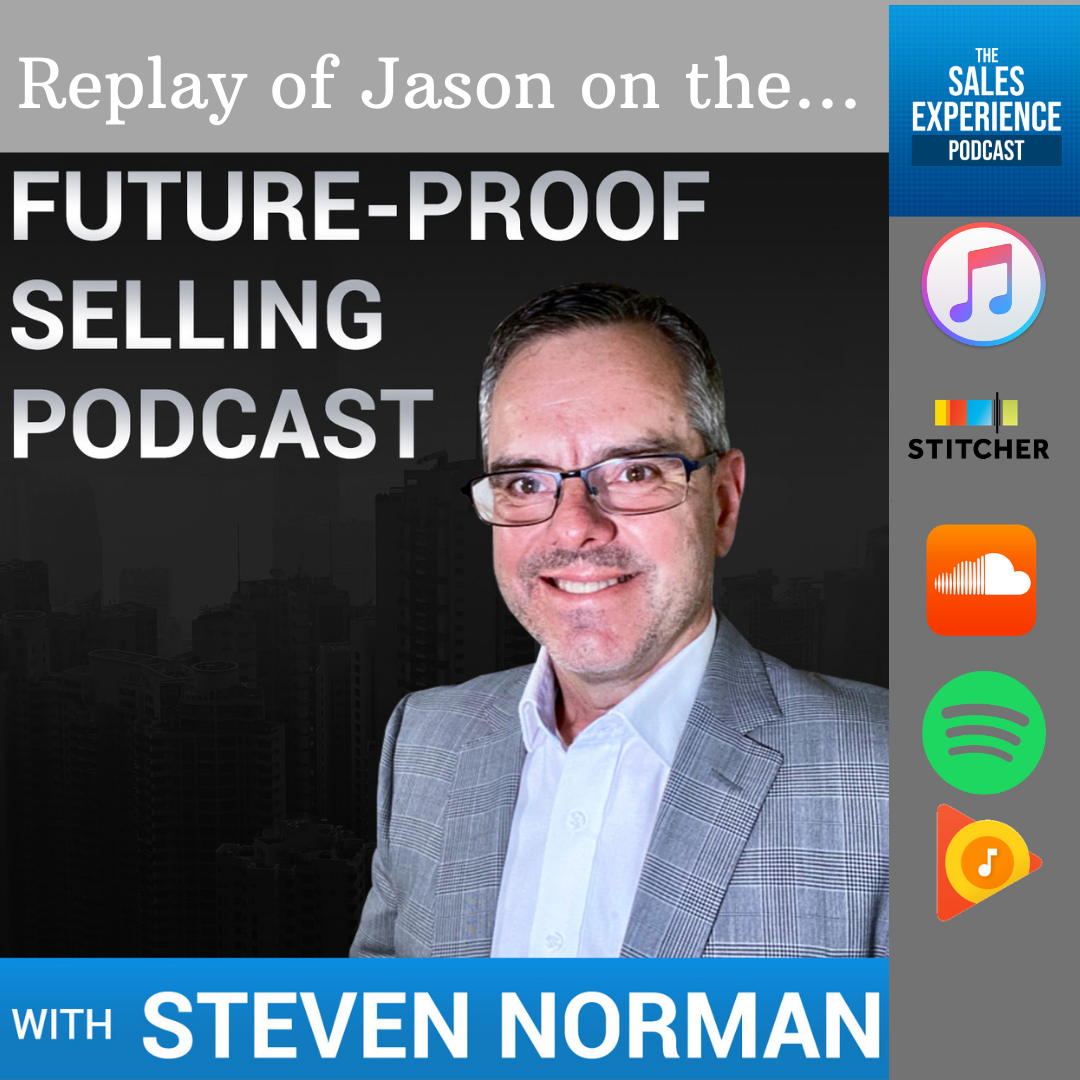Show Notes
Continuing the Sales Mindset conversation with a discussion on the ‘Expectation Gap’.
What is the Expectation Gap? It’s the gap between your expectations and your experiences, and when there is a gap it results in disappointment.
Why is this an important discussion when talking about a successful sales mindset?
Check out Episode 62 to find out!
And listen to the end to find out the mental homework assignment (don’t worry, it’s not being graded).
Episode 62 – Transcript
Hello and welcome to another episode of the sales experience podcast.
This is episode 62 we’re in mind sets 2.0 week doing the best I can to cover a lot of mind-set stuff, in 10 minutes or less, give or take as you found out. If you listen to this show at all, you know I can get going on a roll and I do my best to keep it around 10 minutes.
This is short and easy for you. Make sure you subscribe, check out the episodes and let’s dive into this. The first thing is talk about the homework. Now, if you didn’t listen to episode 61 I started off this discussion on mind set.
I talked about mind set in general and then covered a bit about a negative side of the mind-set. And again, keep in mind, and I want to reiterate this, is that it’s important to remember that none of this is good or bad.
So I’m not saying a negative mind set is bad. A positive mind set is good. Shame on you if you have a negative mind set, like it’s just natural. It’s just what happens. And like I said, it happens in various areas of your life.
You could be positive and great in, in work, in relationships, in money, but health is just negative and terrible and you have this monologue that goes on your head always going on that’s negative about health related stuff. So you got to keep in mind, it is kind of compartmentalize to various parts of your life. Not everybody, despite what you see on the outside is super positive, happy, perfect mind set in all categories or life.
Obviously there’s some people that have gotten to that point and they focus on the positive in all areas, even if they’re struggles. I know with myself, I’ve been through so many things in each category of life that I just am more positive about it and I accept it and then I roll with things.
But you know, that takes usually a lot of, I won’t say bad stuff, but a lot of challenges that come up and then also having the desire to move past that and not get stuck in it. So again, I’m not saying that negative is bad. Positive is good. This isn’t woo, you know, power of positive thinking, focus on it. It’s really about what works best for you.
What is serving you best right now in this moment, specifically for your sales career, what is helping you get to your goals with your sales career, with your finances, and what’s getting in the way of that plus your happiness. That’s where, talk about now the homework assignment from episode 61 was to journal, to think, to talk about what it is that triggers a negative mind set for you in terms of your sales workday.
So in the course of doing sales, so your sales career, what triggers you to go into a negative side to be thinking about things?
Maybe it’s past experiences, maybe it’s things that you go through that trigger it, like somebody hangs up on you and that makes you think back to when other people have hung up on you because they’re mad and then it triggers you to go into a negative thing whenever that is.
So, you know, a lot of things that I see that trigger someone to get into a negative mind set is getting hung up on appointments, not showing up, not closing deals. Somebody’s coming up with objections that they can’t answer, you know, issues, challenges, competition, somebody saying they’re just going to sign up with somebody else.
You know, leads not coming in. So not having anyone to talk to. Sometimes making cold calls can trigger people to get into a negative mind set because they’d rather not make cold calls. They’d rather not make outbound. They’d rather wait for inbounds.
And so that can send people into it. In my experience with that kind of thing where somebody is hesitating and negative about outbound calls, follow up calls, even cold calls, it’s usually some kind of insecurity based thing where your brain, again is trying to protect you, trying to keep you safe. And it’s taking you back to a time where you called somebody that whatever you are going forward, it didn’t happen.
It didn’t work out. And then you now have this imprint in your brain that anytime you call somebody, it could go sideways and it could end up with either them yelling at you or not getting the sale.
Maybe it was you were a teenager and you called that special person that you really wanted to go on a date with. And this is, you know, if you’re old like me, you remember actually having to call people or pass notes in class because there weren’t texting or easy kind of passive ways where you could test the waters or you know, ask somebody out or talk to somebody.
So you actually had to call somebody and if they answered or their parents answered, you know, what was that reaction like, how did that go? If that went well, it’s going to imprint in your brain, hey, I can accomplish anything when I call somebody, good things happen. If it was bad or constantly bad or just didn’t work out in your favour, it’s going to imprint on your brain.
When I call people, bad things happen, right? And so it’s funny and crazy how things that happened when you were a kid, teenage years and stuff like that from your past. We’ll just impress in your brain whatever that mind set is, whether it’s negative or positive and that will carry with you long term.
So keep that in mind as you’re doing this assignment, has your thinking back go as far back as you can. Once you find these triggers, go back to try to identify like, oh my gosh, this is where that comes from and then can I adjust that?
Can I rewire that in my brain? Now for this episode, what I wanted to talk about was the expectation gap because this is what can cause a lot of issues with the negative mind set is where you have this expectation and it doesn’t get met now.
So let’s first talk about, expectation might seem obvious, but expectation is when you’re expecting a result, whether it’s from somebody or from something and you have an outcome in your mind of what you think it should look like, sound like, feel like, be like whatever that is, you have an expectation that you go to work, you’re going to get paid, and then you can go home and that’s what’s going to happen.
So as long as you get paid, that expectation is being met. A lot of people, especially for generations expected, Hey, I’m going to go to work, work at this company for 40 years and then I can retire.
I’m going to have a pension, then I can do what I want for the rest of my life. And then economy’s changed. Industry’s changed. Everything changed with careers such that you may go to work and you think that you’re going to be there for 40 years and after 20 years the company changes its mind. And so you had this expectation.
Then what happens is when you set an expectation in your mind and it doesn’t occur as you thought it was as you thought it would, then you get disappointment. That’s where disappointment comes in. If you felt disappointment and that’s kind of a negative mind set type of thing.
That’s from the gap in what you expected and then what you experience. Now, not going religious on this, but he talks about it a lot if you want to listen to it, it’s some great stuff.
Is Pastor Steven Fur tick, he covers this a lot and has a great series where he talks about it and again, whether you are religious or not, the principles the same and it’s just this expectation gap that occurs when what you experience is not what you expected. It leads to disappointment and you’ve got to adjust things.
Some people with a negative mind set will say, well, I just won’t expect anything because if I don’t expect anything, I can’t be disappointed with. A positive mind-set is I’m going to expect things and then I’m going to do what I can to make that happen and raise the level of my experience to match the expectation. Now obviously you’ve got to balance it.
If you go into a career at a company, you think you’re going to be there 40 years. You can’t control necessarily what’s going to happen no matter how good you work.
But you can also focus on your experience and what you give. And now obviously I’m talking to people who are listening to this. Your goal is to be in sales, not necessarily the company for 40 years, but you kind of understand that and we’ve all seen people go through there.
We heard stories about that. And so you can relate to that. So be careful with expectation. And the big killer with expectations that lead to disappointment are generally the ones that are unstated. So let’s say for example, you’re in a relationship with somebody.
You expect them to do something, let’s say, you know, wash the dishes every time they cook for themselves, you expect them to wash the dishes, right? And then they don’t wash the dishes. Then you’re disappointed and you’re upset because you had an expectation it wasn’t met.
Now the question is, is did you talk to that person about it and did you have an agreement or did they agree that yes, they would do it?
Most of the time in relationships at work, in different things like that, even with prospects, you have an expectation, but it’s not verbalized right where the disappointment occurs because of the gap in expectation experience.
However, the other party didn’t even know what the expectation was, so keep in mind that part, which is super important. If you’re goanna have expectations, sure. That you verbalize them to the other party and that you get their agreement when it comes to sales. One common strategy with this is, okay, Bob, so we agreed, I’m going to call you back tomorrow at four o’clock you’re going to have your credit card ready and then we’re going to finish this transaction. Is that correct? Okay, that’s good. I’ll call you back tomorrow at four o’clock now the expectations have been set. It’s been verbalized.
Obviously, if Bob doesn’t answer, you know you’re not going to have the same level of disappointment because you’re going to have talked about it and be like, okay, what happened with Bob Versus Bob didn’t answer and now you’re disappointed, but you also unfairly didn’t set the right parameters.
So keep that in mind. This can really affect your mind set, especially in sales.
You may be wondering like, why am I talking about this? Because in sales I see with a lot of people, they go into transactions that go into phone calls, they go into their career, they go into a company at any level of all of that from literally like taking the job all the way to being on the phone or in meetings and they bring with them expectations that may or may not be fair and may or may not be verbalized and they may or may not put in the activity and the action to raise the experience to the level of the expectation.
If you have the expectation that you’re going to walk into a job and make a hundred k your first year in a sales career, let’s say you’ve never done that before, like you’ve never worked in that sale.
It’s a new industry, a new product, new service, and they promised you a hundred k and they’re setting the expectation. You also have to do your part and deliver, or there’s going to be disappointment.
If you’re just expecting yourself to show up and close lots of deals every day, then you’ve got to put in the action and the activity that matches your expectation of yourself or others so that you can get close to that experience and get what you want. And again, that’s going to affect your mind set, whether you’re positive or negative about expectations.
Other people, if you think, oh, every time I set an expectation, people always let me down and people always fail to do what I think they’re going to do. You’re going to carry that with you into every prospect and conversation.
Every meeting that you have, every closing strategy that you try to use, you’re going to bring in that and then you’re going to probably get met with the same disappointment over and over again until you figure out what is causing them.
All right. That’s it for this episode. This was a long one, but I think it’s important to cover expectation gap.
Your homework is to think about, talk about journal, whatever it is, ha, what expectations you have set or you generally set for your income, your closing rate, the little things that you do as a sales professional, like what kind of expectations do you set for yourself, for others or your prospects? And then are you honestly putting in the activity and the action to do that? Or do you find yourself constantly disappointed? All right. That’s it. Thanks a lot for listening. I appreciate you going through this and working on your mind set.
Always, remember that everything in life is sales and people remember the experience you gave them.
![[E62] Sales Mindset Week: How the Expectation Gap affects your mindset](https://episodes.castos.com/salesexperiencepodcast/images/TSEP-Cover-Sales-Mindset.png)


